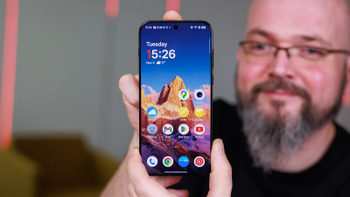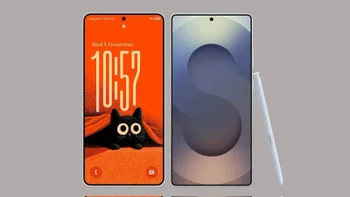Cops need a warrant to take location data from your phone according to California court

Thanks to a ruling in the U.S. District Court, Northern District of California, the odds are that the cops will need a warrant before grabbing location data culled from your phone. A recent decision by Judge Susan Illston said that cellphone users have reasonable expectations of privacy when it comes to the location data collected by their carrier.
The location data generated by your phone is now protected in some jurisdictions by your 4th Amendment rights against unreasonable searches and seizures. Part of Judge Illston's decision is based on her understanding that cellphones are "ubiquitous" and that many "will find their cell phone quite literally attached to their hip throughout the day." The judge says it is this portability which makes data from cellphone towers differ from GPS data covering an automobile's whereabouts. The auto is limited to driving on public roadways giving its driver a lower expectation of privacy. In addition, while a caller assumes that the number he or she dials is visible to a carrier, there is nothing that indicates to the user that his or her location is also being tracked.
While other courts have ruled the same way, this decision is not binding in other courtrooms. You might seem knowledgeable when pulled over in another district and refusing to turn over your location data to the cops by citing the decision in USA v. Elijah Cooper. But it is more likely that the cops will see you as a wise guy and put the cuffs on you.
U.S. District Court Northern District of California Opinion on Cellphone Location Privacy

source: Scribd via Mashable, Engadget

source: Scribd via Mashable, Engadget
Follow us on Google News









![A new Android bug is making it impossible to install new apps. Are you affected? [UPDATE]](https://m-cdn.phonearena.com/images/article/176703-wide-two_350/A-new-Android-bug-is-making-it-impossible-to-install-new-apps.-Are-you-affected-UPDATE.webp)


Things that are NOT allowed:
To help keep our community safe and free from spam, we apply temporary limits to newly created accounts: